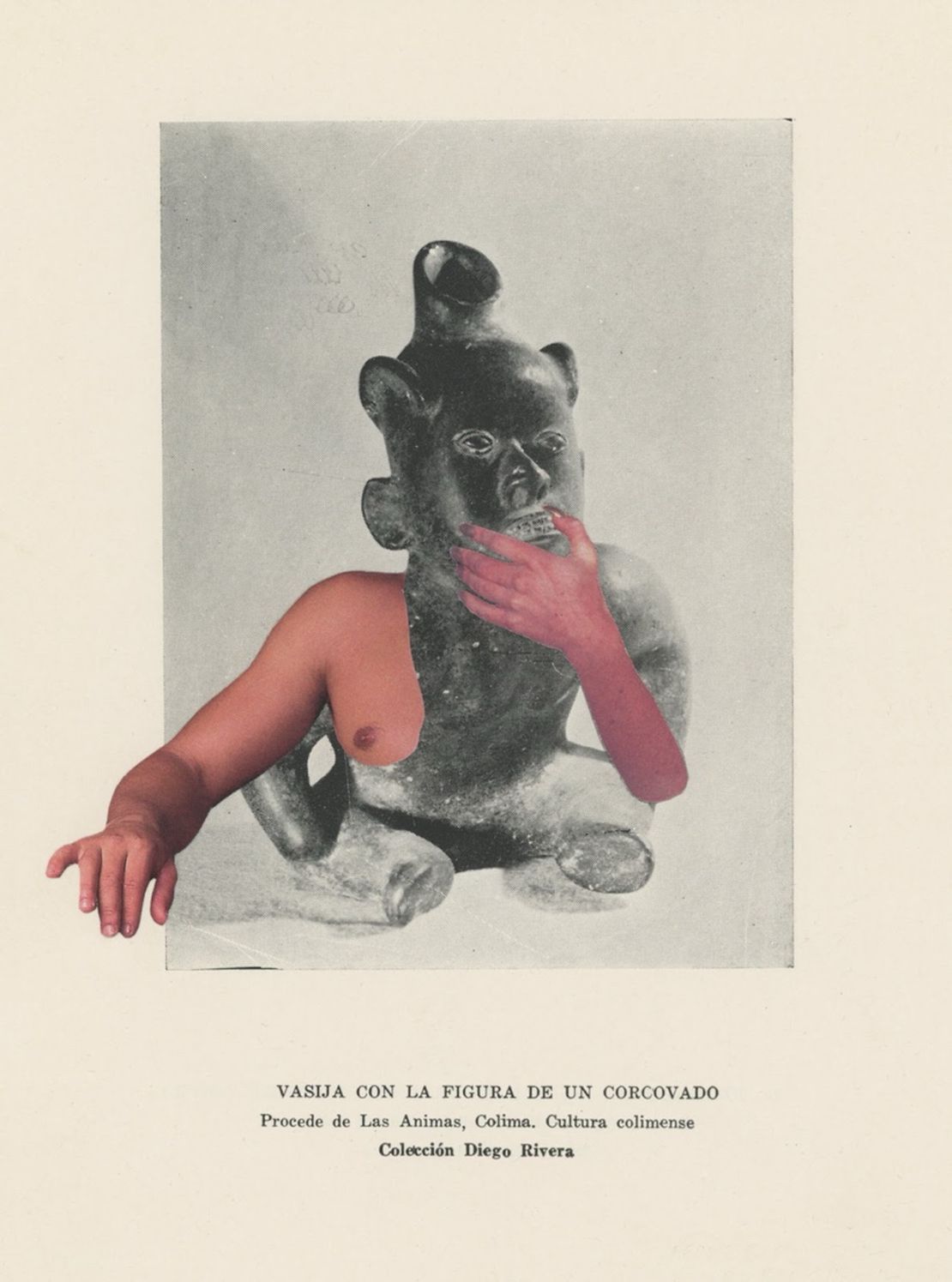Abstract
Carolina Caycedo focuses on the environmental, social, and cultural impact of dam construction in the Brazilian region. Through her video installation, she immerses us in the resulting consequences of these constructions, such as the alteration of ecological balance, loss of biodiversity, forced relocation of communities, and violation of human rights. Additionally, she highlights the resistance of local communities in the face of these situations.
A Gente Río (We River) explores Brazil’s intricate connections between extractive industries, industrial infrastructure, and environmental disasters. The film delves into the narratives of four specific locations:
- Itaipu Dam, the world’s second-largest hydroelectric power plant, where the process of land expropriation became a catalyst for the emergence of the Landless Workers’ Movement (MST).
- Belo Monte Dam on the Xingu River was characterized by a series of irregularities in granting environmental licenses and met with profound indigenous resistance.
- Bento Rodrigues Dam, whose collapse led to the release of hazardous waste from the mining company Samarco, resulting in an unprecedented environmental catastrophe in Brazil.
- Vale do Ribeira, where the Caiçara and Quilombola indigenous communities have staunchly resisted dam construction. Through this exploration, the artist sheds light on these communities’ collective wisdom and knowledge. They stand as a united body, resisting the threat of extinction imposed by development-oriented projects. The film highlights their deep-rooted connection to the land and commitment to preserving their cultural heritage in the face of environmental degradation and social injustices. A Gente Río is a powerful testament to the resilience and determination of these communities. It exposes the consequences of extractivism and industrialization while amplifying the voices of those directly affected. By showcasing their struggles and resistance, the artist aims to raise awareness, provoke critical dialogue, and challenge the prevailing narrative of unchecked development.

